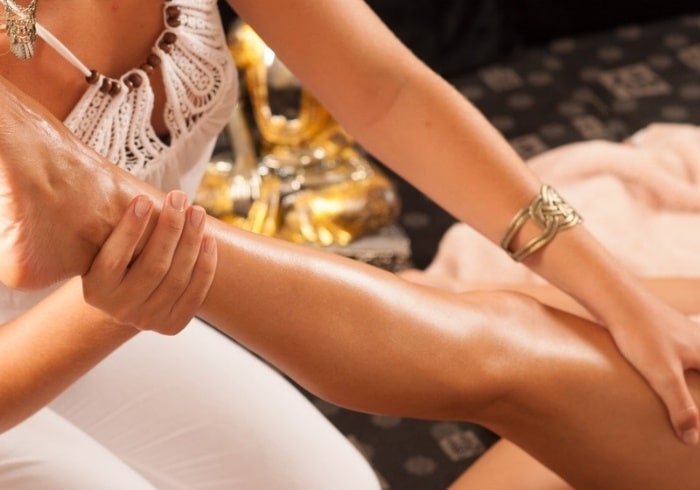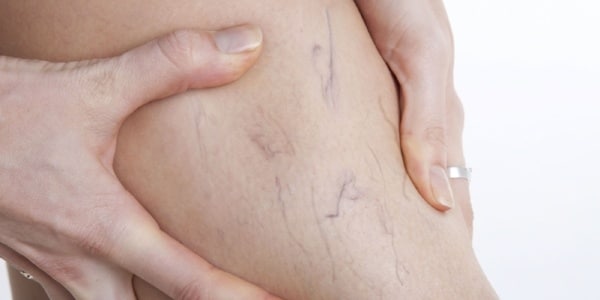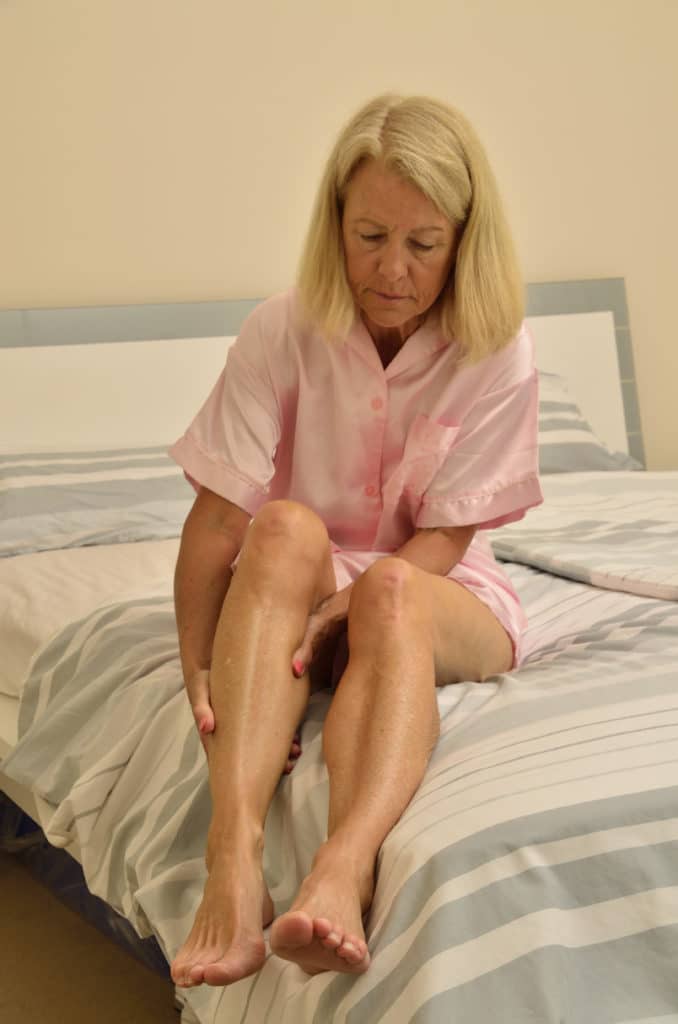
DVT and Varicose Veins during Pregnancy
DVT and Varicose Veins during Pregnancy
Pregnancy is a risk factor for the development of a blood clots with an incidence that is 4 to 50 times higher compared to non-pregnant women. Increased risk for development of a blood clot is highest in the postpartum period, with the most common occurrence of clot formation in left lower extremity and pelvis.
A blood clot, or venous thromboembolis (VTE) can manifest during pregnancy as a lower extremity deep vein blood clot, or it can break off from the lower extremities and travel to the lung, which is called a pulmonary embolus (PE). Pulmonary embolus is the seventh leading cause of maternal mortality or 9 percent of maternal deaths. Therefore, early detection of DVT during pregnancy is critical to preventing deaths caused by PE.
Pregnancy and the postpartum period are marked by the increased presence of components which contribute to the increased risk of DVT in pregnancy. Venous stasis of the lower extremities occurs during pregnancy because of two factors: increased blood volume, and hormonal changes to the lining of the veins. During pregnancy, lower extremity veins are subject to increased blood volume. Increased blood volume pared with hormonally induced dilation of the lower extremity veins leads to pooling of blood and causes incompetence in the valves. It is the pooling of blood in the veins that causes clots to form.
[read more="Click here to Read More" less="Read Less"]
People sometimes form clots because they have been sitting for too long. If you travel on long airplane flight and are pregnant, you are at increased risk of blood clots. Here are some things you can do to help prevent a clots: walk around every few hours, do not smoke, wear comfortable clothes, drink plenty of water, wear compression stockings, shift position in your seat frequently and move your legs and feet often.
Although venous intervention is not recommended during pregnancy, if your symptoms are concerning to you, an ultrasound can be performed for evaluation of DVT or venous insufficiency without harm or risk to you or your baby.[/read]
Improve your Varicose Vein Treatment with Good Nutrition!
You were concerned that your varicose veins might be a symptom of chronic venous insufficiency or other blood circulation problems beneath the surface, so you consulted your qualified vein specialist. Together, you decided on your best varicose vein treatment, and you are committed to doing all that has been prescribed for your aftercare. What you…
Read MoreWhat Lurks Beneath: Beware of Varicose Veins Symptoms
Here is the thing: you could have varicose veins and not even realize it. While we associate the term varicose veins with the really obvious blue and twisty bulges that make our legs look like road maps, this is not always the case. Varicose veins occur when the valves in the veins—designed to prevent the…
Read MoreBuenas noticias si usted pregunta, "¿cubre el seguro el tratamiento de las venas varicosas?"
Usted podría estar pensando que sus varices son sólo un problema cosmético, pero podrían ser una señal de que su salud vascular está comprometido. Si ese es el caso, y si usted está sufriendo de insuficiencia venosa (CVI), es casi seguro que su proveedor de beneficios de salud cubrirá la mayoría si no todos los…
Read MoreGood News if you ask, “Does Insurance Cover Varicose Vein Treatment?”
You might be thinking that your varicose veins are just a cosmetic issue, but they could be a sign that your vascular health is compromised. If that is the case, and if you are suffering from venous insufficiency (CVI), it is almost certain that your health benefits provider will cover most if not all of the…
Read MoreMassage Varicose Veins? Be Careful!
Does massage help varicose veins? You might be thinking that massage is a great way to deal with the ache and pain of varicose veins. It seems like it would make sense. Massage therapy is great for improving muscle tone, blood circulation, general relaxation, and overall tissue health. All of these things are important for…
Read More8 Common Myths About Spider Veins
There are a lot of myths and misconceptions when it comes to spider veins. So we asked Jilanne Rose, DPN, ANP-C, a top Metro Phoenix Vein Specialist, to dispel some of the more frequent misconceptions surrounding the cause, risk factors, and treatment of this common vein condition. Myth #1: Spider Veins are Only Cosmetic Many people…
Read MoreJilanne Rose, ANP-C – Presenting at “Your Health Matters” Seminar
Jilanne Rose, ANP-C, and Clinical Director at the Advanced Vein Institute of Arizona has been asked to speak at the “Your Health Matters” Seminar on Thursday, January 26th at 10am. The seminar is being hosted by Generations Senior Living in Gilbert Arizona.
Read MoreWhy Do Varicose Veins Hurt Most at Night?
If you think that your varicose veins hurt more at night, you are probably not imagining this. The reason why, in a word, is contrast. This might make more sense once it is explained… Especially since the advent of electrical lights, it can be easy to forget that nighttime is for rest. As daylight…
Read MoreWant to Know Vein Treatment Success Rates? Just Ask.
As a smart consumer and advocate for your own health, you have likely done your research about the variety of varicose vein treatments available, and you have probably noticed that vein procedure success rates are hard to find. Some try. There are statistics tucked into difficult-to-read research abstracts and surveys. Some reports contradict others. Others…
Read MoreWhy Get a Second Opinion on Varicose Vein Treatment?
If you worry that getting a second opinion on your varicose vein treatment is rude or disrespectful—don’t! Any reputable health professional will tell you that consulting with more than one health specialist is a smart thing to do. Here are a few reasons why that is… Ensuring a proper diagnosis will reduce anxiety…
Read More


